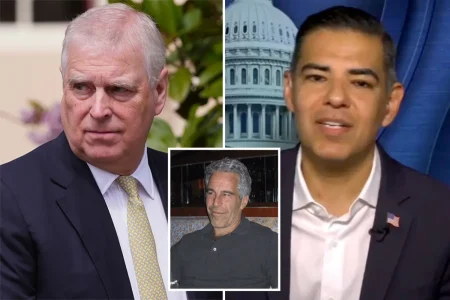In a significant legal development, a judge has reaffirmed her decision to invalidate a specific package approved by Tesla shareholders, despite their recent attempt to validate it through a second vote. This ruling highlights ongoing tensions surrounding corporate governance and shareholding rights, especially within high-profile companies like Tesla, led by influential figures in the tech industry. The judge’s stance emphasizes the importance of adhering to established legal frameworks and principles governing shareholder agreements, reinforcing the judicial system’s role in maintaining order and accountability in corporate practices.
The decision comes after Tesla shareholders, aiming to secure the package’s future, convened and voted again, hoping to overturn the previous ruling. This second round of approval, however, did not influence the judge, who maintained that procedural and legal issues had previously warranted the package’s cancellation. The judge’s refusal to reverse her ruling underscores the complexity of corporate legalities and the challenges faced by companies when navigating shareholder expectations and regulatory requirements.
This situation raises critical questions regarding corporate governance, including how shareholders can effectively influence decisions without contravening established laws. Shareholders generally hold significant power over the direction of a company, but their capabilities can be complicated by legal rulings and the intricacies of corporate bylaws. The judge’s ruling serves as a reminder that shareholder approval does not automatically equate to legal validity, especially when previous decisions have outlined fundamental issues that question the legitimacy of such approvals.
Furthermore, the legal battle is indicative of broader issues in the corporate world, where the balance of power and accountability often become contentious. Tesla, as a publicly traded company, operates under the scrutiny of its shareholders, who expect transparency and responsible governance. The ruling reflects the ongoing scrutiny that companies like Tesla face, especially in the rapidly evolving technology and automotive sectors, where innovative strategies often collide with traditional governance expectations.
The implications of this decision extend beyond Tesla; it serves as a cautionary tale for other corporations about the potential pitfalls of shareholder engagements. Companies must ensure that their governance practices are robust and compliant with legal standards to avoid similar pitfalls. The judge’s consistent position reinforces the necessity for thorough legal consideration in corporate decisions and encourages companies to engage proactively with legal advisers to navigate complex shareholder dynamics.
In conclusion, the judge’s firm stance in striking down the approved package demonstrates the critical interplay between shareholder interests and legal compliance. As the corporate landscape evolves, navigating these waters will require a delicate balance between empowering shareholders and adhering to legal standards. The case serves as an important reminder for corporations about the importance of clear governance structures that can withstand legal scrutiny while maintaining shareholder engagement and trust.







